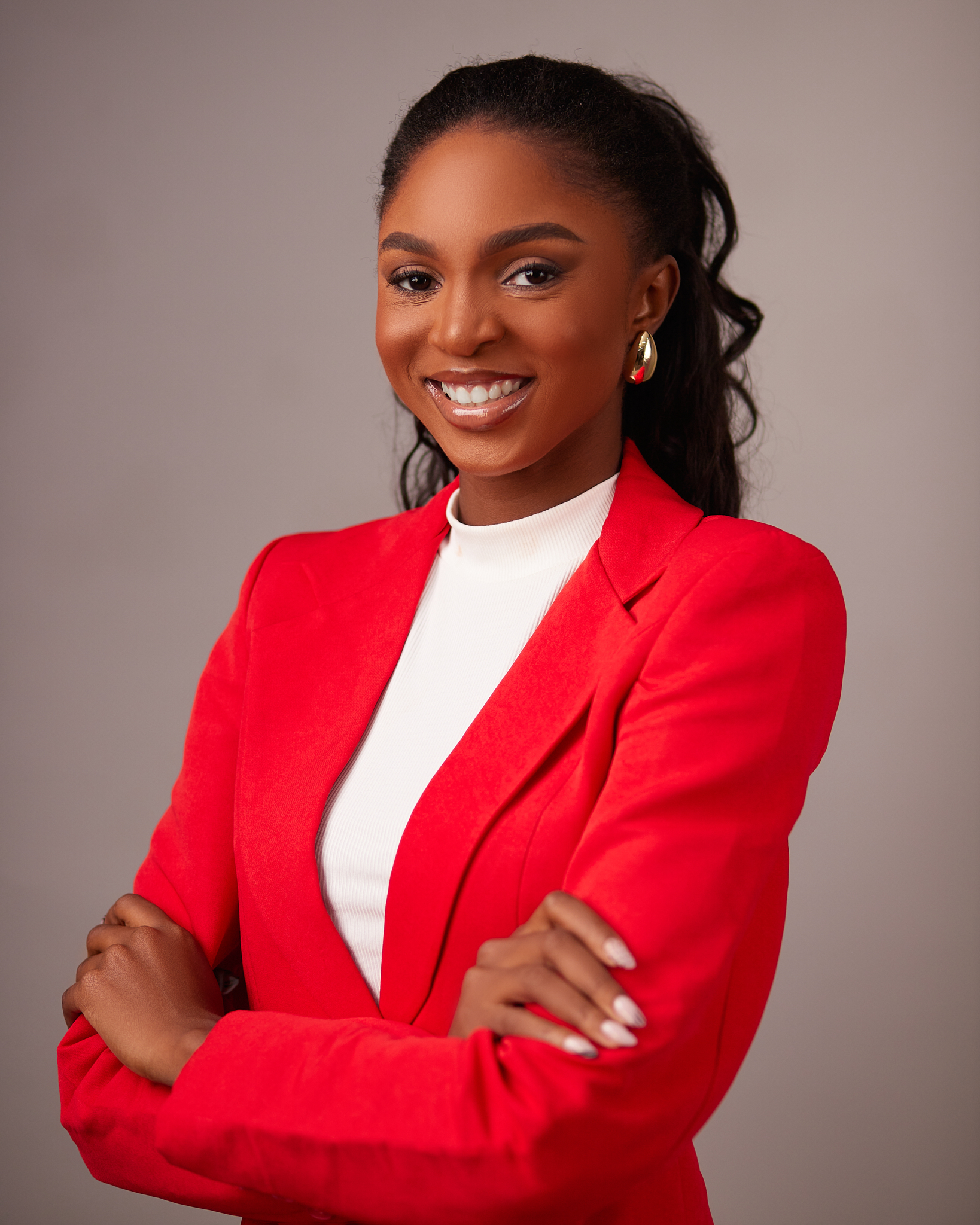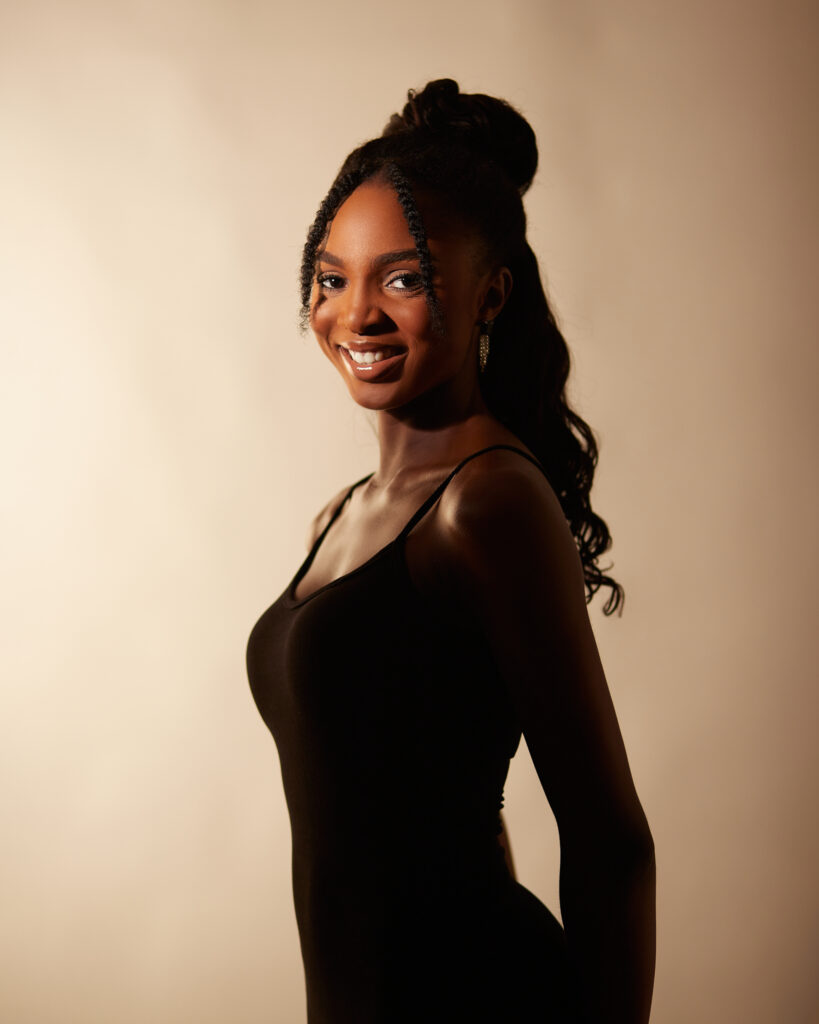
Oh, I hear eczema too🗣
Acne is a skin condition that occurs when your hair follicles become plugged with oil and dead skin cells. It often causes whiteheads, blackheads, or pimples, and usually appears on the face, forehead, chest, upper back, and shoulders
Effective treatments are available, but acne can be persistent. The pimples and bumps heal slowly, and when one begins to go away, others seem to crop up.
Depending on its severity, acne can cause emotional distress and scar the skin. The earlier you start treatment, the lower your risk of such problems.
Acne signs and symptoms vary depending on the severity of your condition:
- Whiteheads (closed plugged pores)
- Blackheads (open plugged pores)
- Small red, tender bumps (papules)
- Pimples (pustules), which are papules with pus at their tips
- Large, solid, painful lumps beneath the surface of the skin (nodules)
- Painful, pus-filled lumps beneath the surface of the skin (cystic lesions)

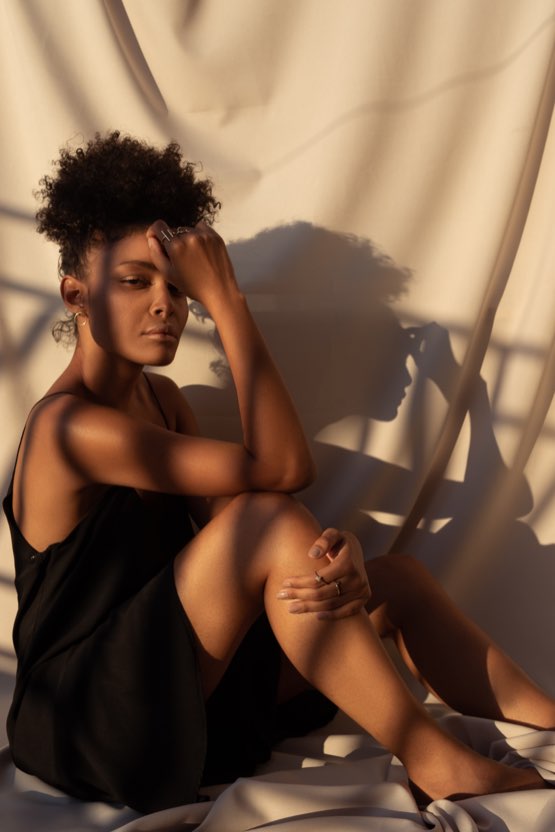
Causes
Main factors cause acne:
- Excess oil production
- Hair follicles clogged by oil and dead skin cells
- Bacteria
- Excess activity of a type of hormone (androgens)
Acne typically appears on your face, forehead, chest, upper back, and shoulders because these areas of skin have the most oil (sebaceous) glands. Hair follicles are connected to oil glands.
The follicle wall may bulge and produce a whitehead. Or the plug may be open to the surface and darken, causing a blackhead. A blackhead may look like dirt stuck in pores. But the pore is congested with bacteria and oil, which turns brown when it’s exposed to the air.
Pimples are raised red spots with a white center that develop when blocked hair follicles become inflamed or infected with bacteria. Blockages and inflammation that develop deep inside hair follicles produce cystlike lumps beneath the surface of your skin. Other pores in your skin, which are the openings of the sweat glands, aren’t usually involved in acne.
Factors that may worsen acne
These factors can trigger or aggravate acne:
- Hormones. Androgens are hormones that increase in boys and girls during puberty and cause the sebaceous glands to enlarge and make more sebum. Hormonal changes related to pregnancy and the use of oral contraceptives also can affect sebum production. Low amounts of androgens circulate in the blood of women and can worsen acne.
- Certain medications. Examples include drugs containing corticosteroids, testosterone, or lithium.
- Diet. Studies indicate that certain dietary factors, including skim milk and carbohydrate-rich foods — such as bread, bagels, and chips — may worsen acne. Chocolate has long been suspected of making acne worse.
- Stress. Stress can make acne worse.
Acne Myths
These factors have little effect on acne:
- Greasy foods. Eating greasy food has little to no effect on acne. Working in a greasy area, such as a kitchen with fry vats, does because the oil can stick to the skin and block the hair follicles. This further irritates the skin or promotes acne.
- Hygiene. Acne isn’t caused by dirty skin. Scrubbing the skin too hard or cleansing with harsh soaps or chemicals irritates the skin and can make acne worse.
- Cosmetics. Cosmetics don’t necessarily worsen acne, especially if you use oil-free makeup that doesn’t clog pores (noncomedogenic) and remove makeup regularly. Nonoily cosmetics don’t interfere with the effectiveness of acne drugs.
Treatment: OTC drugs (over-the-counter drugs), Mild cleanser containing glycolic and alpha hydroxy acid, reduce excess oil intake, watch what you eat depending on your skin type, look out for ingredients in skincare products with Retinol, not retain-A.
Eczema
Eczema is the name for a group of conditions that cause the skin to become red, itchy, and inflamed. There are several types of eczema: atopic dermatitis, contact dermatitis, dyshidrotic eczema, nummular eczema, seborrheic dermatitis, and stasis dermatitis.
Eczema is very common. And in many cases, it’s also manageable.
What are the treatments for eczema?
There is no cure for eczema but there are treatments. Depending on age and eczema severity, these treatments include over-the-counter (OTC) remedies, prescription topical medications, phototherapy, immunosuppressants, and biologic drugs. Many people with eczema also find success with specific natural and alternative treatments.
For most types of eczema, managing flares comes down to these basics:
- Know your triggers so that you can avoid exposure
- Implement a daily bathing and moisturizing routine
- Use OTC and prescription medication consistently and as prescribed
What are the symptoms of eczema?
The most important thing to remember is that eczema and its symptoms are different for everyone. Your eczema may not look the same on you as it does on another adult or your child. It may even appear in different areas of the body at different times.
Eczema is usually itchy. For many people, the itch is usually only mild, or moderate. But in some cases, it can become much worse and you might develop extremely inflamed skin. Sometimes the itch gets so bad that people scratch it until it bleeds, which can make your eczema worse. This is called the “itch-scratch cycle.”
What to look for:
- Dry, sensitive skin
- Red, inflamed skin
- Very bad itching
- Dark-colored patches of skin
- Rough, leathery, or scaly patches of skin
- Oozing or crusting
- Areas of swelling
You might have all of these symptoms of eczema or only just a few. You might have some flare ups or your symptoms could go away entirely.
-
Sale!
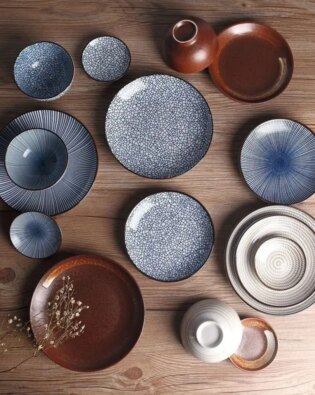
Dinner Plates – Japanese Minimalism
$28.00Original price was: $28.00.$18.00Current price is: $18.00. -
Sale!
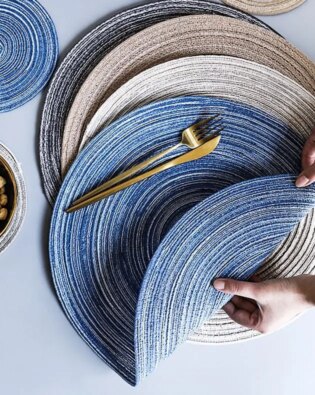
Round Table Anti Slip Mats – Modern Home
$14.70Original price was: $14.70.$9.90Current price is: $9.90. -
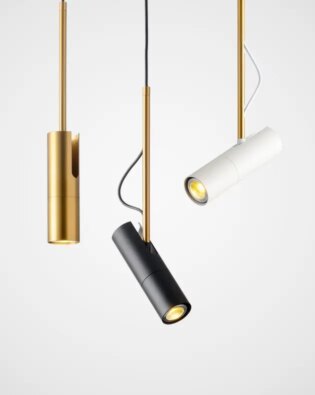
-
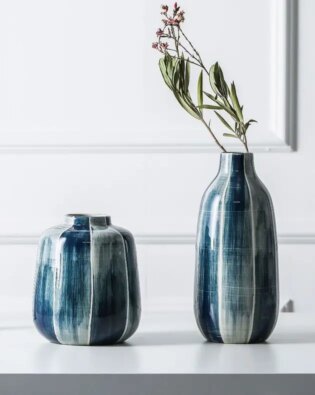
Indigo Blue Ceramic Vase
$101.00
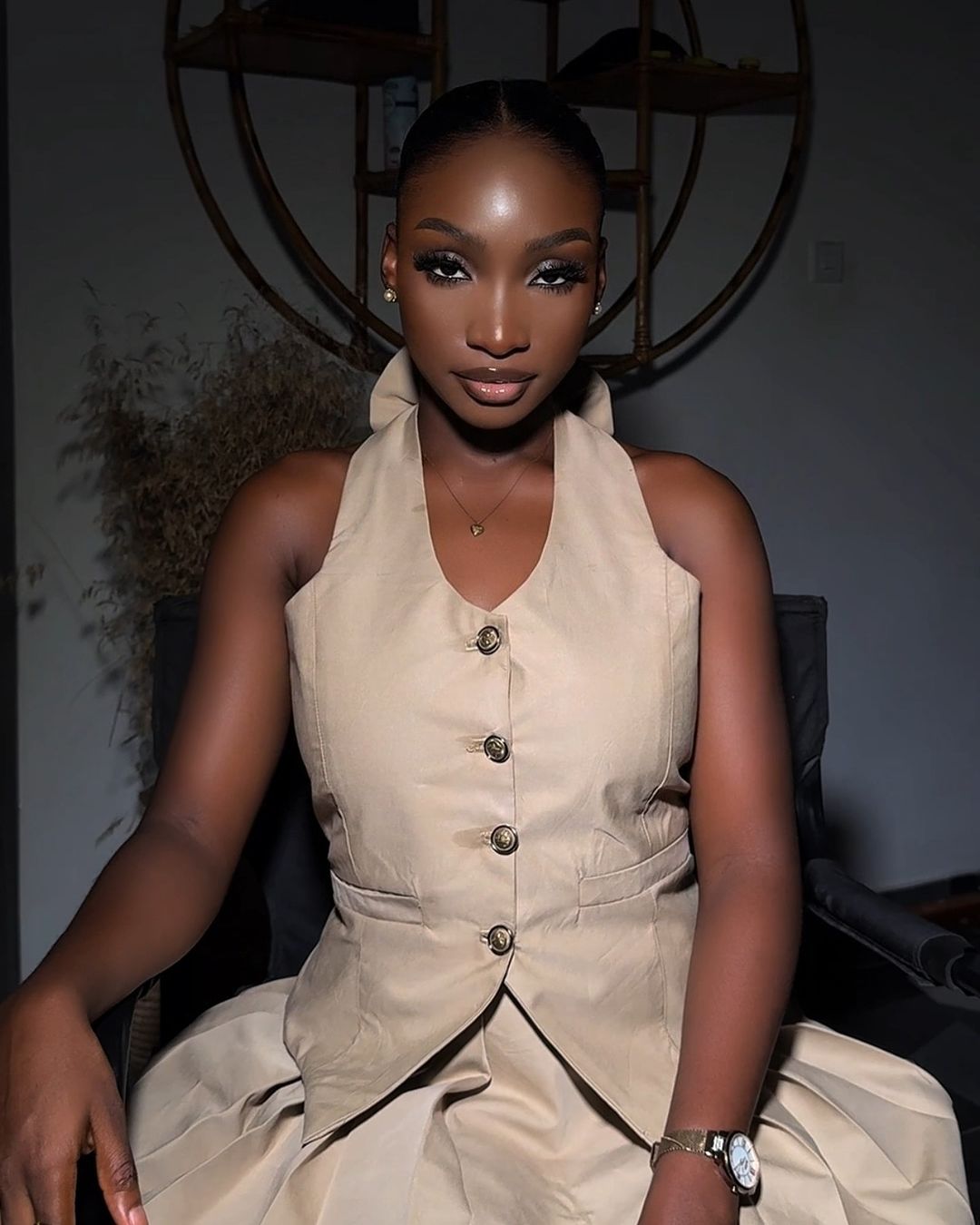
Entrepreneur and Skincare (Featuring: Victoria Ajiboye & Ifedami)
Victoria Ajiboye and Ifedami explore the synergy of entrepreneurship and skincare, sharing innovative tips for radiant beauty and business success.
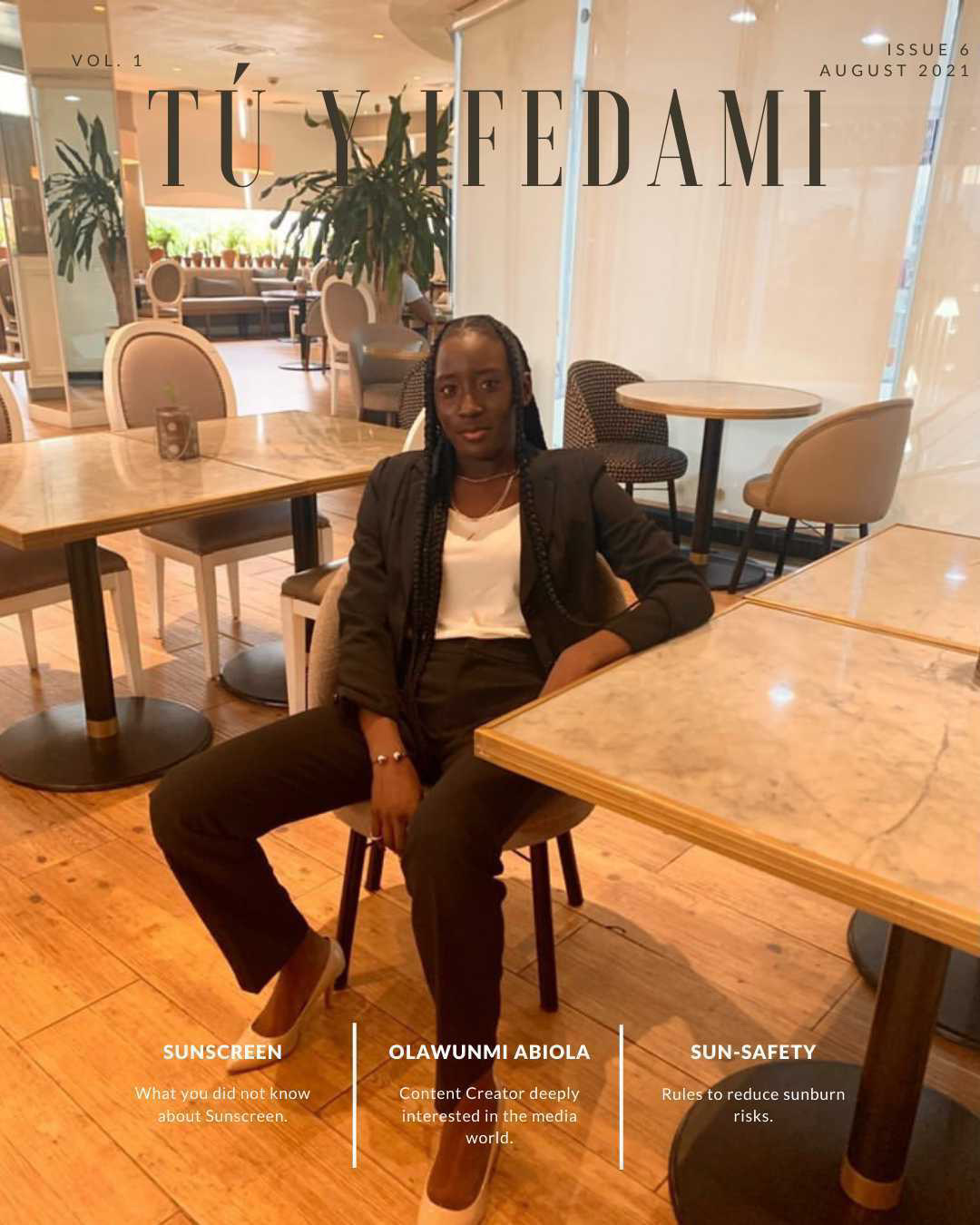
Content Creation, Sunscreen in Skincare (Featuring: Olawunmi Abiola & Ifedami)
Olawunmi Abiola and Ifedami highlight the importance of sunscreen in skincare, sharing expert tips and creative content strategies for radiant, protected skin.

Acting and Skincare (Featuring: Folaremi & Ifedami)
Folaremi and Ifedami reveal the connection between acting and skincare, sharing routines and tips for glowing, camera-ready confidence.
instagram:
Error: No feed with the ID 1 found.
Please go to the Instagram Feed settings page to create a feed.

